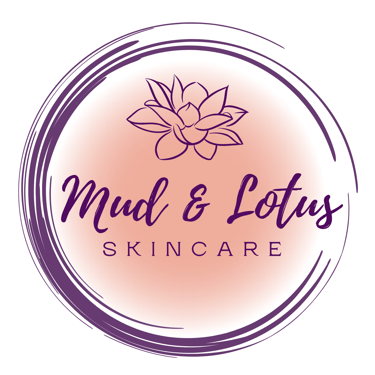🎉New Seasonal Schedule Listed on the Hours & Location Page! 🎉
Wound Healing Stages Explained
What happens when you cut yourself or get a burn?
SKIN HEALTHSKIN 101
8/25/20251 min read


Healing Isn’t Always Pretty—But It Is a Process
(and yes, there are things you can do to support it!)
Whether you’re recovering from a breakout, peel, scratch, or even a surgical scar, healing happens in 4 stages—and each one needs something a little different.
🩹 The 4 Stages of Wound Healing:
1️⃣ Hemostasis (Immediate): The skin seals the area to stop bleeding—redness, swelling, and tenderness often begin here.
💡 Keep the area clean and avoid touching. A gentle hypochlorous acid spray is a great first step to reduce risk of infection without disrupting skin.
2️⃣ Inflammation (Days 1–3): Your immune system rushes in to fight off any invaders.
💡 Use soothing ingredients like aloe, panthenol, and oat to calm irritation. Avoid actives like exfoliants or retinoids during this time.
3️⃣ Proliferation (Days 4–21): New skin cells form, collagen is laid down, and the area may scab.
💡 Support this phase with hydrating, peptide-rich serums and lightweight moisturizers that strengthen the skin barrier.
4️⃣ Maturation (Weeks to Months): The wound strengthens and remodeling begins—this is when scars may appear red or raised but will slowly fade.
💡 Consistent sunscreen is non-negotiable here! Brightening products like niacinamide, vitamin c or bakuchiol can also help minimize discoloration over time.
🧖♀️ Professional Treatments to Consider:
• LED Light Therapy – to reduce inflammation and speed up repair
• Oxygen Facials or Barrier-Repair Facials – to deliver hydration and support regeneration
• Enzyme Peels or Liquid Microneedling (once fully healed) – to gently resurface and improve texture over time
✨Healing takes time, but your skin wants to get better. Treat it with patience, care, and support—and you’ll be amazed at how much it can recover.

